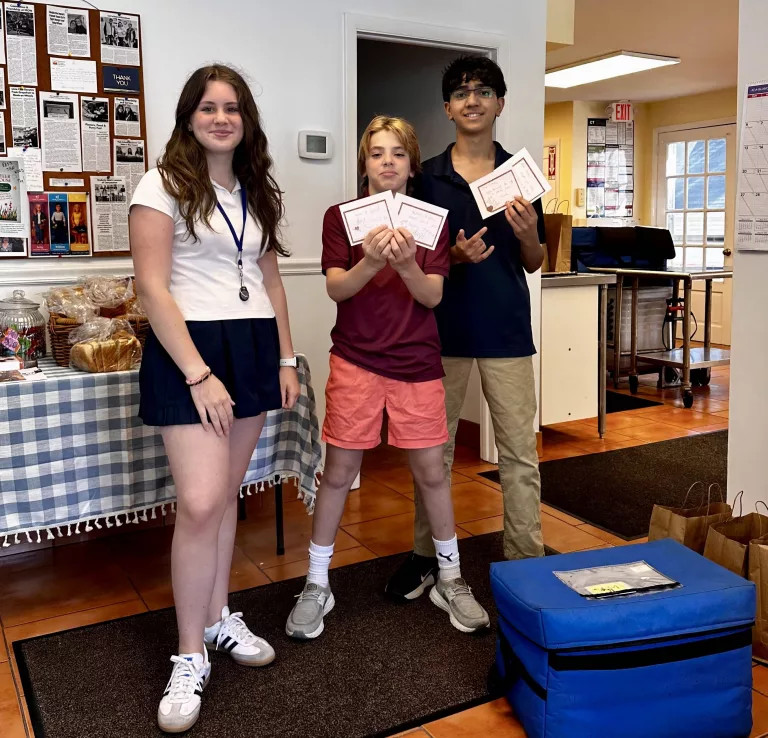
By Richard Kaufman
The Greenwich Police Department is warning the community about telephone scams, after recently receiving several complaints from residents.
Those perpetrating the scams are pretending to call from the Internal Revenue Service, demanding payment on tax-liability and threatening arrest. Many of the calls request payment in the form of iTunes or Amazon gift cards, or through services like Green Dot or MoneyPak.
GPD said that the IRS will never call people on the phone demanding immediate payment, and they do not accept nontraditional forms of payment such as gift cards.
GPD Lt. David Nemecek said the calls are meant to elicit an emotional response due to fear of punishment.
“Realize that there are scams out there, and that people are going to be creative,” Nemecek said, noting that the calls are sometimes targeted towards elderly people. “[The perpetrators] are trying to get you emotionally upset so your decision making is knocked down.”
Greenwich Police Det. Mark Solomon, who is a part of the Connecticut Financial Crimes Task Force, said fraudsters have asked for anywhere between several hundred dollars to tens of hundreds of thousands of dollars. There’s usually an uptick in scams leading up to and immediately after tax-time when people are granted extensions.
The IRS scam is part of a trend to instill fear and anxiety in order to steal money. Criminals pretending to be employees of utility companies will also call threatening to stop service if they don’t receive a payment.
Some calls will mention that a family member was involved in an accident or was arrested, and money needs to be sent quickly in order to get them medical help or bail. Email ransomware scams will threaten to publish a user’s data or lock access to a computer unless a payment is made.
“Whenever you have a traumatic situation or stressful situation, [the criminals] try to separate you from using common sense,” Solomon said. “Don’t act irrationally, and don’t act quickly.”
Phone calls or emails awarding prize money from sweepstakes or a lottery are also prevalent. Solomon warns that if a deal sounds too good to be true, then it is.
In an age with advancing technology, Solomon also said that caller ID screens should not be trusted anymore. There are programs and apps that people can use to input any name, number or business name on to a caller ID display.
“We’re so used to looking at a screen and saying, ‘Oh, it’s my parents,’ or, ‘It’s my bank.’ [Caller ID] can be spoofed so easily that you really don’t know who’s on the other line of a call,” he said, adding that one should never provide personal information from a suspicious incoming call.
Scammers will also use phone numbers that look familiar in order to lure someone to pick up. In the event of a suspicious call, hang up, research the number to see if it’s legitimate and call back if necessary.
Solomon warns that residents should not stay on the phone for an extended period of time.
“The second you realize that it’s a bad call, hang up. The more you stay on the line, one, they think they have an opportunity to deceive you, and two, they share this information,” Solomon said. “If they know you’re a person that will stay on the call and answer questions, they’re going to float your phone number around to other fraudsters. The quicker you hang up, the better off you are.”
Residents can report scams to the U.S. Department of the Treasury Inspector General for Tax Administration (TIGTA) at www.tigta.gov.





